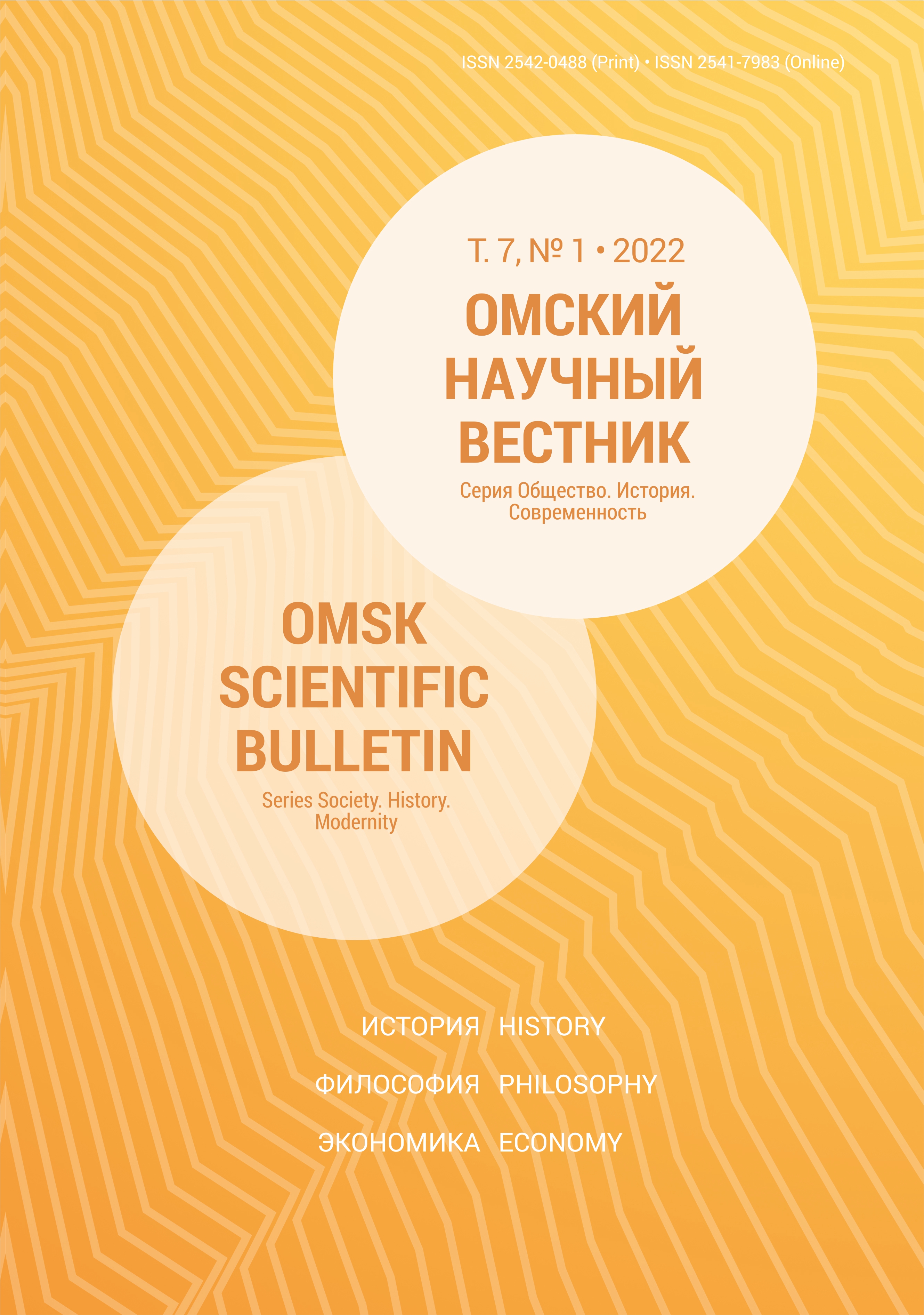Redefining Freedom. Digital Capitalism and Private Property
DOI:
https://doi.org/10.25206/2542-0488-2022-7-1-74-83Keywords:
property, digital capitalism, gig economy, sharing economy, inequality, freedomAbstract
The article enquires into the transformations of private property in digital capitalism. The author proposes his interpretation of most obvious and simultaneously less arguable transformations that take place in digital economy. Economy of cooperative use (sharing), precarious employment (gig economy), networkisation, as well as rapid growth of inequality determine digital capitalism in opposition to previous stages of capitalist production and consumption. Applying to historical works that concern private property the author shows that in the basis of capitalism lies undisputable, basically aprioristic right of private property ownership. It is supported by the state. A desire to own was and remains an inner motivation of entrepreneurship. It also characterized the actions of capitalist society’s agents. In cultural sense property was a central phenomenon that gave a definition to modernity. The author demonstrates that in this sense property was always more than just a simple presupposition of goods accumulation. Property, relation to it and its cultural status were changing in the process of capitalist development: from early industrial stage to Fordism and then Post-Fordism. The author puts forward a hypothesis that digital capitalism also redefines property. Property dematerialization and the loss of its value become the distinguishing attributes of this process. Eventually the practices of sharing economy, easiness of being connected to networks and the change of ownership on the means of production (networks) lead to the decline of property. In social-philosophical sense it could mean a further decentralization of person’s inner world and loss of inner and external freedom.
Downloads
Published
How to Cite
Issue
Section
License
Non-exclusive rights to the article are transferred to the journal in full accordance with the Creative Commons License BY-NC-SA 4.0 «Attribution-NonCommercial-ShareAlike 4.0 Worldwide License (CC BY-NC-SA 4.0»)




